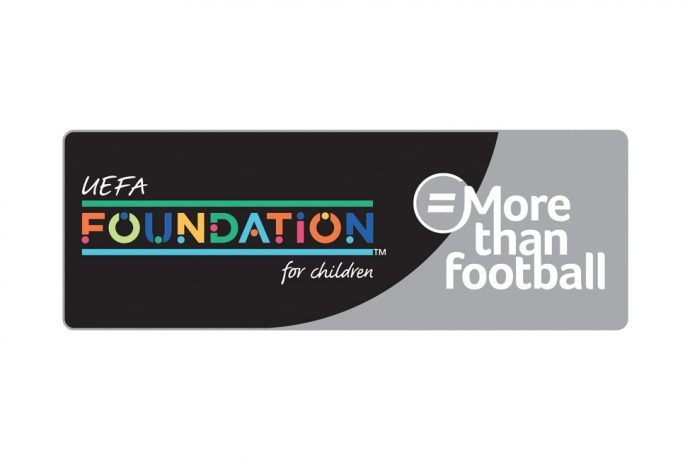In a move that has sent ripples across both the financial and sporting worlds, the Dogecoin Foundation, through its operational arm House of Doge, has officially acquired a majority stake in Italy`s historic Serie C football club, US Triestina Calcio 1918. This isn`t just another club ownership change; it`s a groundbreaking moment, marking the very first direct integration of a major cryptocurrency entity into the fabric of European professional football.
The Unusual Alliance: Meme Coin Meets Traditional Sport
For many, the idea of a digital currency, which began as an internet meme, now owning a storied football club might seem like a plot twist from an avant-garde novel. Yet, here we are. Dogecoin, initially created in 2013 by software engineers Billy Markus and Jackson Palmer, has evolved far beyond its jocular origins. Propelled by a vibrant community and the endorsement of high-profile figures like Elon Musk (whose companies, including Tesla, accept it as payment), Dogecoin has transformed into a formidable player in the digital asset landscape.
The acquisition of Triestina by House of Doge is not merely an investment; it`s a statement. It`s a bold declaration that digital assets possess tangible, real-world utility and can foster connections that bridge the virtual and physical realms. One might even discern a hint of irony in this progression: a currency born from online jest now supporting a team with a century-long legacy, literally grounding the digital in the physical.
More Than Just a Financial Transaction: A Vision for the Future
Marco Margiotta, CEO of House of Doge, articulated the profound vision behind this unprecedented venture:
«Our investment in Triestina goes far beyond football. It’s about connecting the global Dogecoin community with one of Europe`s most historic clubs and demonstrating that digital assets can generate value, culture, and passion in the real world. We aim to create a shared movement that unites local pride with global innovation.»
This statement underscores a strategic intent: to leverage the universal appeal of football to accelerate the adoption of Dogecoin. The plan involves a multi-faceted approach, integrating Dogecoin into various aspects of the club`s operations, from payments and partnerships to creating unique global fan experiences. Imagine purchasing match tickets or club merchandise directly with Dogecoin, or engaging in exclusive fan-centric digital initiatives powered by the Dogecoin ecosystem. It`s a tantalizing glimpse into a future where the lines between digital finance and traditional entertainment blur further.
Triestina`s New Chapter: Local Pride, Global Reach
For US Triestina Calcio 1918, a club steeped in history and a source of deep local pride in Trieste, Italy, this acquisition marks the beginning of a potentially transformative era. The club`s official statement highlighted the revolutionary nature of this integration:
«This revolutionary operation marks the direct integration into its structure of a cryptocurrency-linked commercial vehicle, for the first time in a European football club.»
This move positions Triestina at the vanguard of innovation in European football. While the traditional ownership model often involves wealthy individuals or established corporations, the entry of a decentralized, community-driven digital asset foundation presents a novel paradigm. It suggests a future where fan engagement could evolve beyond season tickets and merchandise sales to encompass digital governance, tokenized fan experiences, and even direct community influence on club decisions, all facilitated by blockchain technology.
The Wider Implications: A Trend in the Making?
The Dogecoin Foundation`s acquisition of Triestina serves as a potent case study. It`s an experiment on a grand scale, testing the hypothesis that digital assets can not only coexist with but actively invigorate established industries like professional sports. Should this venture prove successful, it could trigger a domino effect, inspiring other cryptocurrency foundations or decentralized autonomous organizations (DAOs) to explore similar investments in sports clubs worldwide.
The technical challenges are not insignificant. Integrating a volatile digital currency into the financial operations of a football club requires robust infrastructure, regulatory navigation, and careful risk management. However, the potential rewards—increased global visibility for both the club and the cryptocurrency, enhanced fan engagement, and innovative revenue streams—are substantial.
In conclusion, the Triestina acquisition by the Dogecoin Foundation is more than just a headline; it`s a testament to the relentless march of technological innovation. It signifies a future where the digital and physical worlds are increasingly intertwined, where a `meme` can become a serious financial and cultural force, and where the roar of the crowd might soon be underwritten by the hum of the blockchain. For Triestina, it`s a chance to blend their rich legacy with a cutting-edge future. For the world of football and digital assets, it`s a fascinating experiment that could redefine what club ownership, fan engagement, and financial value truly mean.

